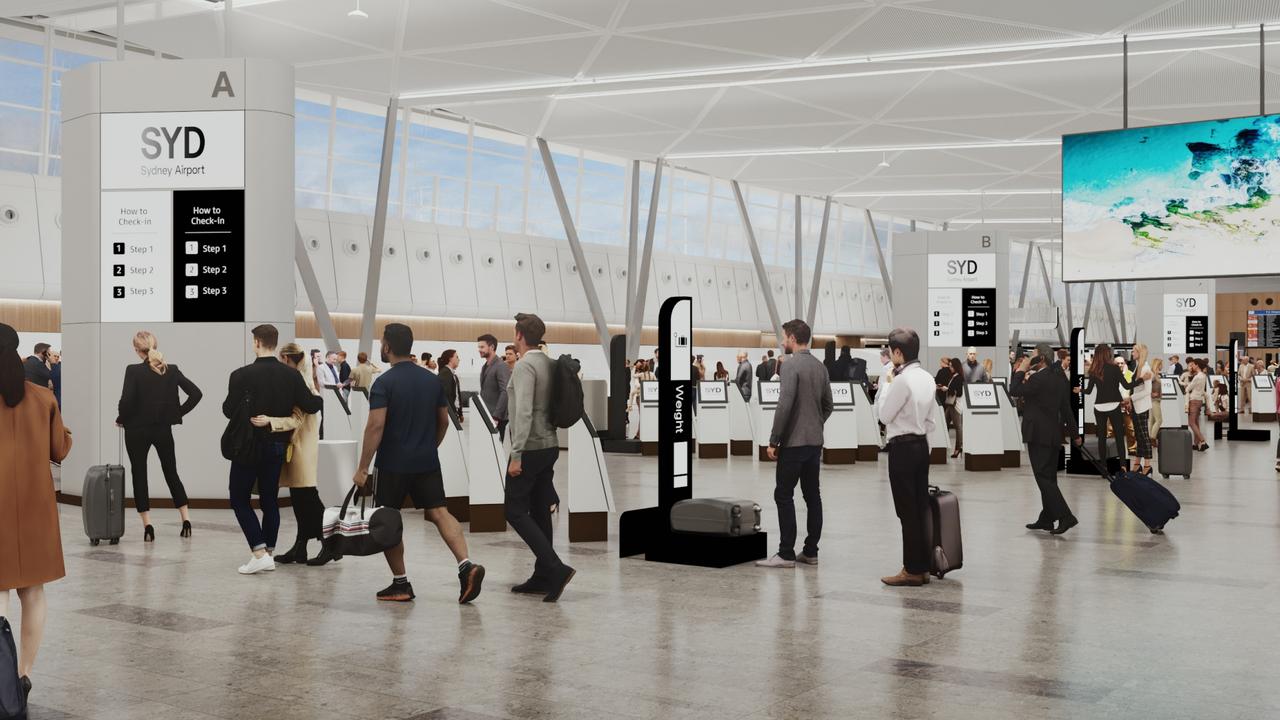Adelaide to host World Aviation Routes 2019 conference
The conference would give Australia’s events and tourism sector a chance to influence future decisions around aviation routes.

Non-stop flights between Guangzhou and Cairns, Santiago and Melbourne and Beijing and Brisbane may never have come about if it wasn’t for the World Aviation Routes conference.
Each year the conference brings together 3000 aviation professionals from 300 airlines and 700 airports to discuss the planning and scheduling of new routes linking international destinations.
This year’s conference wrapped up last week in Guangzhou with a formal handover to next year’s host city Adelaide.
It will be the first time the event would be held in Australia, providing an unprecedented opportunity to increase aviation capacity into the country.
Federal Tourism Minister Simon Birmingham told The Australian the conference would give Australia’s events and tourism sector a chance to influence future decisions around aviation routes.
“Having the event here in Australia will certainly focus people’s minds on the opportunities that exist here, and of course on a market like Adelaide that has had growth but off a very low base in terms of their international access,” Senator Birmingham said.
“They’ve got enormous opportunities to highlight the business development potential in the defence industry sector as well as the tourism and other trade opportunities.”
He said among the services that had been discussed and advocated at previous World Routes conferences were China Southern’s Guangzhou to Cairns, Air China’s service from Beijing to Brisbane, Latam’s Santiago-Melbourne service and Virgin Australia’s Hong Kong-Melbourne flights.
“We’ve had great success over recent years thanks to the fact Australia has engaged more in some of these international discussions and events such as previous World Routes conferences, and that’s delivered outcomes in terms of the large growth in aviation capacity,” said Senator Birmingham.
In a further boost to Australian aviation, Brisbane Airport has been chosen to host the International Air Transport Association’s Slot Conference in November next year.
As the name suggests, the conference brings airlines and airports together to negotiate slots that will give them the best possible schedule to offer passengers.
The conferences come at a time when international aviation capacity to Australia is climbing steadily, with an average of 1890 flights into the country every week.
In the last five years the total number of airline seats available for inbound travellers grew 30 per cent to 26.4 million as more carriers added Australian destinations.
They have included Air India, Malindo Air, Batik Air Indonesia, Donghai Airlines and Tianjin Airlines.
Meanwhile, work is continuing to further streamline trans-Tasman travel for Australians and New Zealanders — who were overtaken by Chinese visitors this year as the number one inbound market.
Tourism and Transport Forum chief executive Margy Osmond co-chairs the Australia New Zealand Leadership Forum tourism subgroup with Auckland Airport’s Scott Tasker.
The group will meet in Auckland today, and Ms Osmond said their main goal was to make trans-Tasman travel as hassle-free as possible. “We want to make it as close to a domestic experience as possible,” said Ms Osmond.
“It’s just good aviation policy and it would be really good for the travellers themselves.”
Among the group’s goals was to allow trans-Tasman travellers to undertake pre-clearance screening at the departure port to speed up the arrivals process.
Ms Osmond said they were also looking at adopting common standards around biometrics and the digitisation of boarding passes and arrival cards by the start of 2020. “It would be great to be able to travel without a passport between Australia and New Zealand but we’ve got to be realistic,” she said.
“We need to work with the agencies who have very real security responsibilities in terms of the border whether that be biosecurity or human security.”
She said any measures that allowed New Zealanders to bypass the queues at customs and border processing at airports would benefit everyone.



